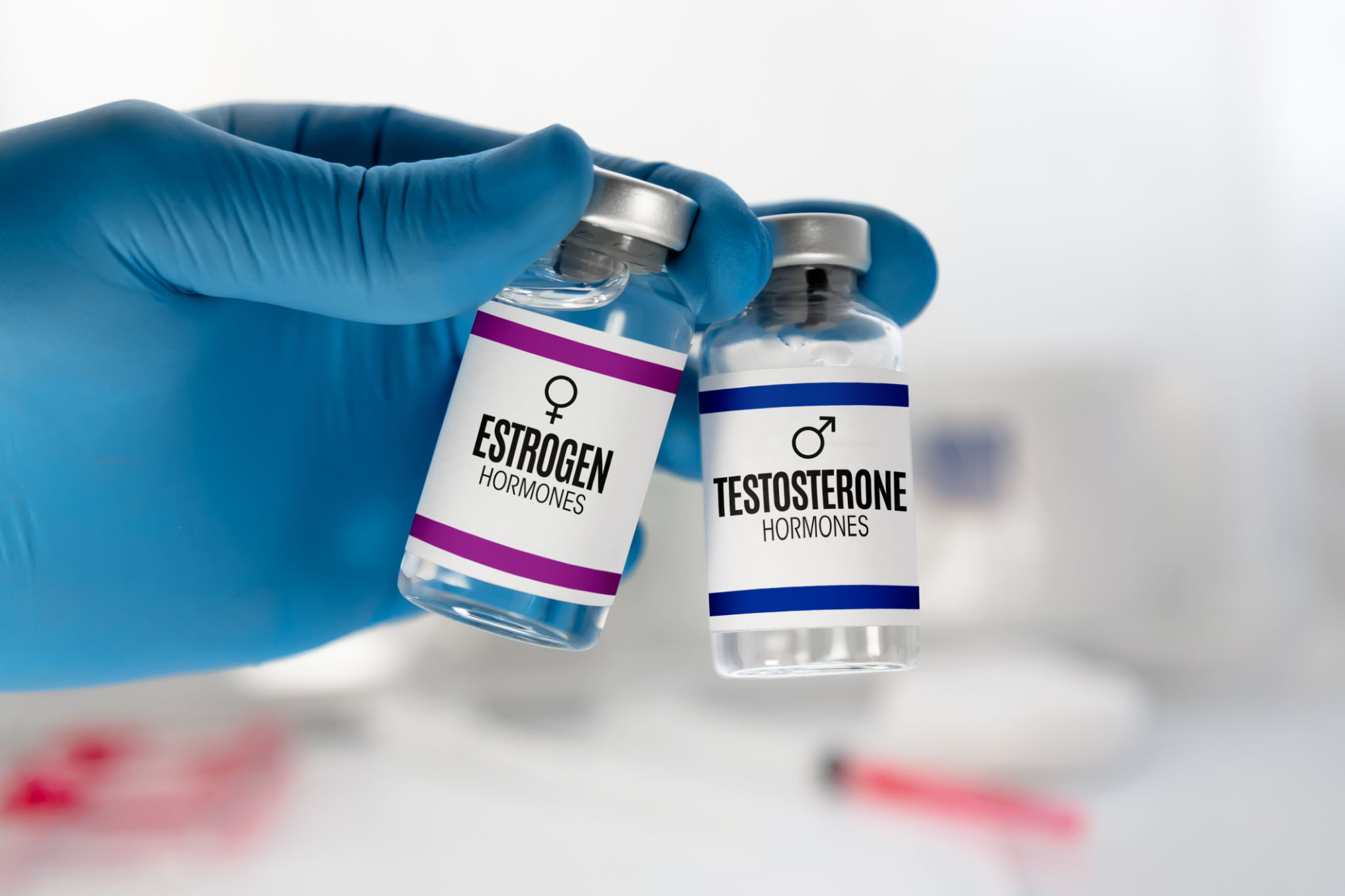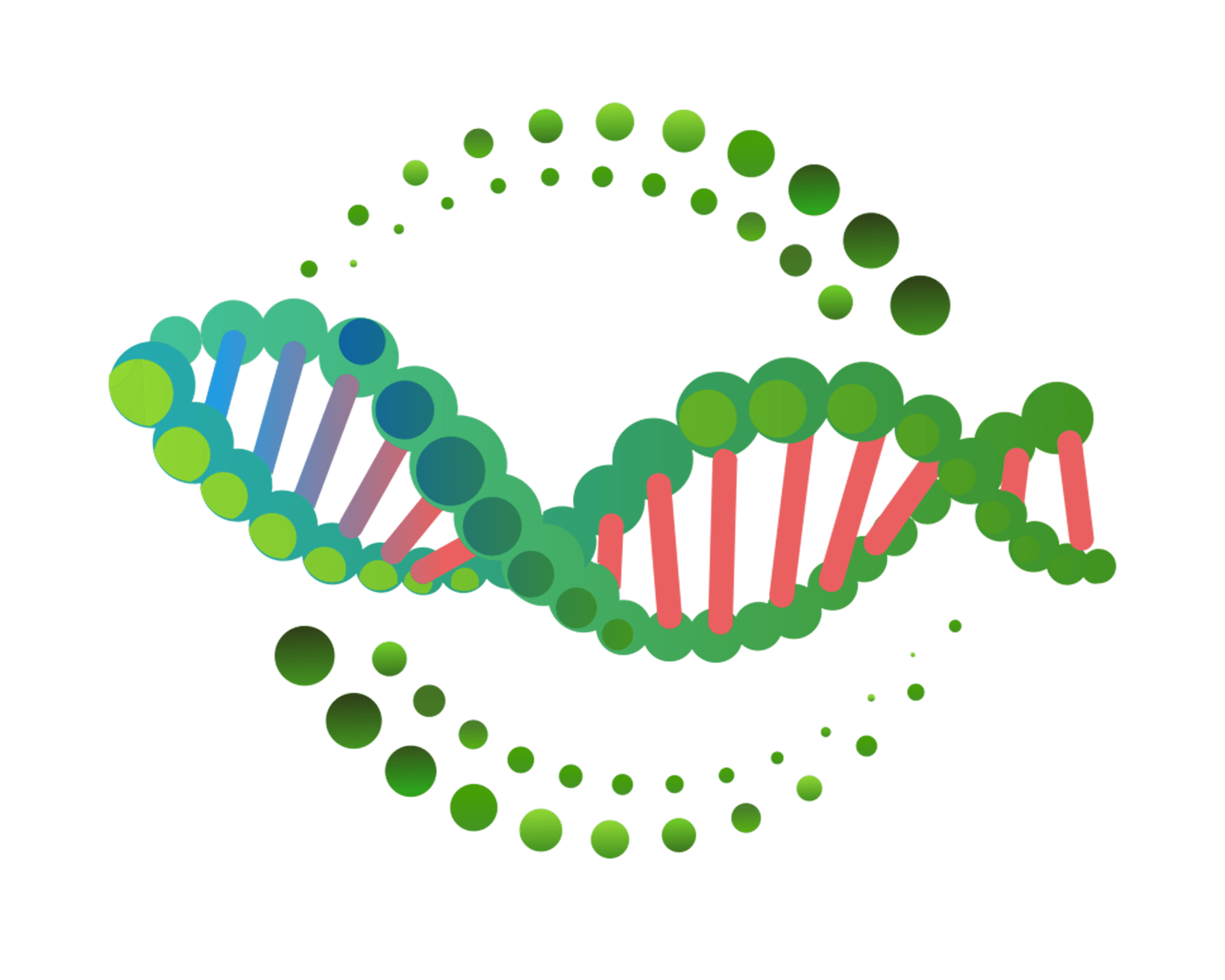Comparing Hormone Therapy and Peptide Therapy: Which is Right for You?
Understanding Hormone Therapy
Hormone therapy is a medical treatment that involves the use of hormones to address various health issues. It is commonly used for conditions like menopause, low testosterone, and thyroid disorders. By supplementing or balancing hormone levels, patients often experience relief from symptoms such as hot flashes, mood swings, and fatigue.
Hormone therapy can be administered through several methods, including pills, patches, injections, or topical creams. The choice of delivery depends on the individual's specific needs and their healthcare provider's recommendations. It's essential to understand that while hormone therapy can be highly effective, it also carries potential risks, such as an increased chance of blood clots and certain types of cancer.

Exploring Peptide Therapy
Peptide therapy is a relatively new approach in the field of regenerative medicine. Peptides are short chains of amino acids that play a crucial role in various biological functions. These naturally occurring molecules can be synthesized and used therapeutically to promote healing, improve immune function, and enhance muscle growth.
Unlike hormone therapy, peptide therapy is primarily used for its regenerative and restorative properties. It is often sought after by individuals looking to boost their athletic performance, recover from injuries faster, or reduce the effects of aging. Peptides are typically administered through injections and are considered safe with minimal side effects when used correctly.
Comparing Benefits and Risks
Both hormone and peptide therapies offer unique benefits, but they also come with distinct considerations. Hormone therapy is well-established in managing chronic conditions related to hormonal imbalances but requires careful monitoring due to its potential risks. Patients need regular check-ups to ensure the therapy's effectiveness and safety.
On the other hand, peptide therapy is gaining popularity for its ability to target specific areas of concern without significantly altering the body's hormonal landscape. This makes it an appealing option for those looking to enhance certain physiological functions without the broader implications of hormone therapy.
Which Therapy is Right for You?
Choosing between hormone and peptide therapy depends on your individual health goals and medical history. If you are dealing with a significant hormonal imbalance or a condition directly linked to hormone levels, hormone therapy might be the most suitable option. Consulting with a healthcare provider who specializes in hormone health can help determine the best course of action.
If your goals are more aligned with enhancing physical performance or slowing down the aging process, peptide therapy could be more beneficial. As it focuses on targeted improvements, it offers a viable alternative for those who may not need comprehensive hormone replacement.
Consulting with Professionals
Before deciding on either therapy, it's crucial to consult with a healthcare professional experienced in these treatments. They can provide a thorough assessment of your health needs and guide you in choosing the most appropriate therapy. Personalized recommendations based on comprehensive diagnostics will ensure that your chosen treatment aligns with your health objectives.
Ultimately, understanding your options and having open discussions with medical experts will empower you to make informed decisions about your health journey. Whether you opt for hormone therapy or peptide therapy, prioritizing safety and efficacy is key to achieving optimal results.

